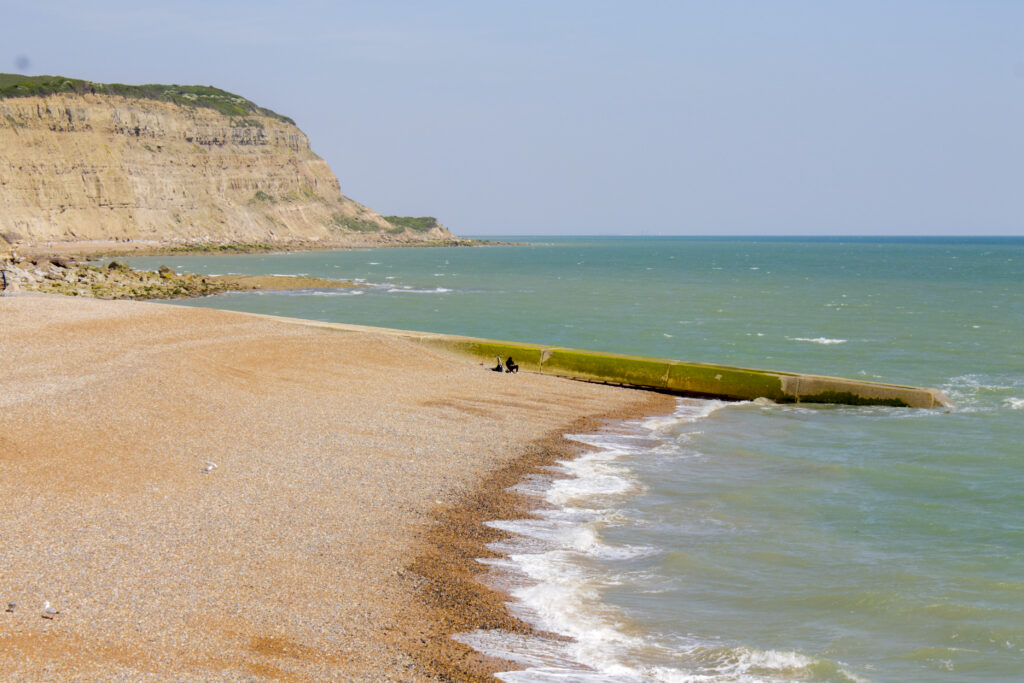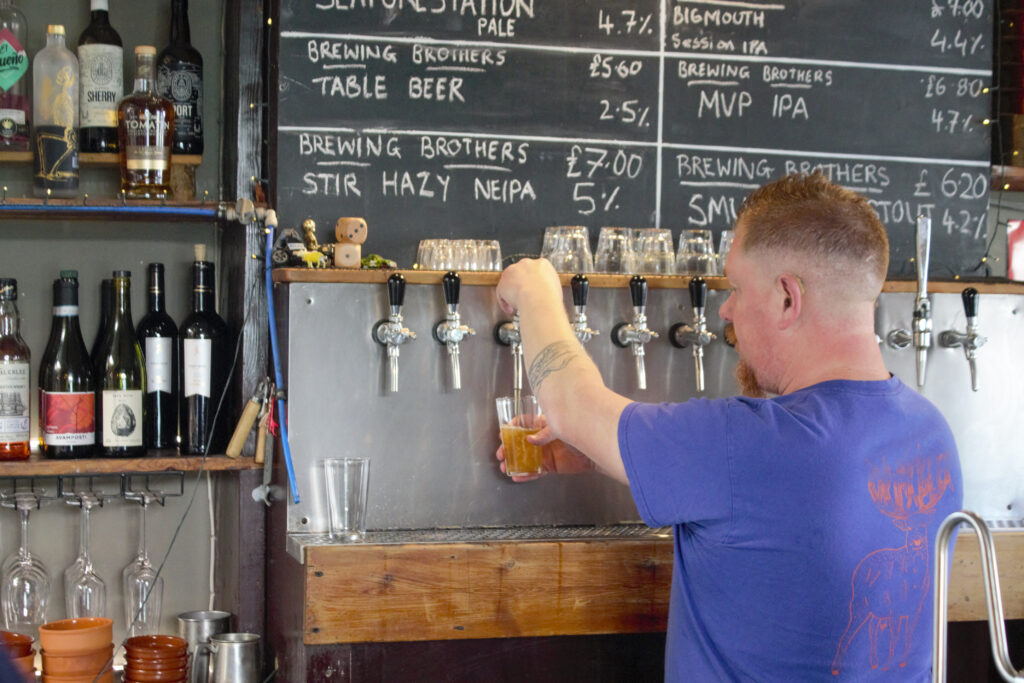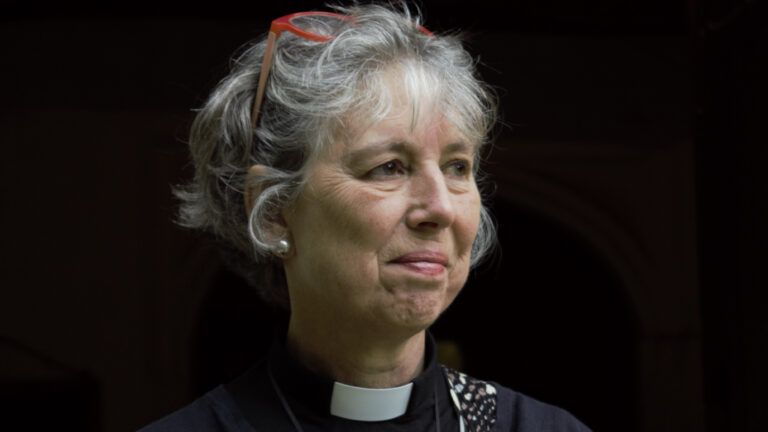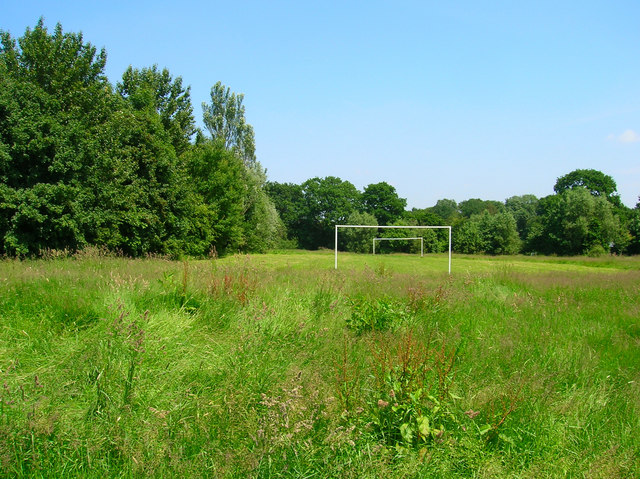Chris Williams, 49, sits down on a black leather sofa in the Hastings Aquarium Café. A large cup of coffee rests next to his open laptop on the table in front of him. He is nursing a slightly sore head after celebrating Hastings Kelp Project’s first birthday the night before.
As project manager, it is a big milestone. And what better way to commemorate it than with a pint or two of freshly brewed kelp beer?
Parts of the south-east coast of England were once so densely blanketed with kelp that its beaches were barely visible. But over the past 20 years, Williams has watched these thriving underwater forests all but disappear.
Bottom-trawling fishing wiped out kelp populations in areas like Worthing by tearing up the rocky seabed and destroying the plant’s natural habitat. Since the introduction of a trawling byelaw in 2021, which was supported by the Sussex Kelp Recovery Project, shoots of regrowth have begun to emerge.
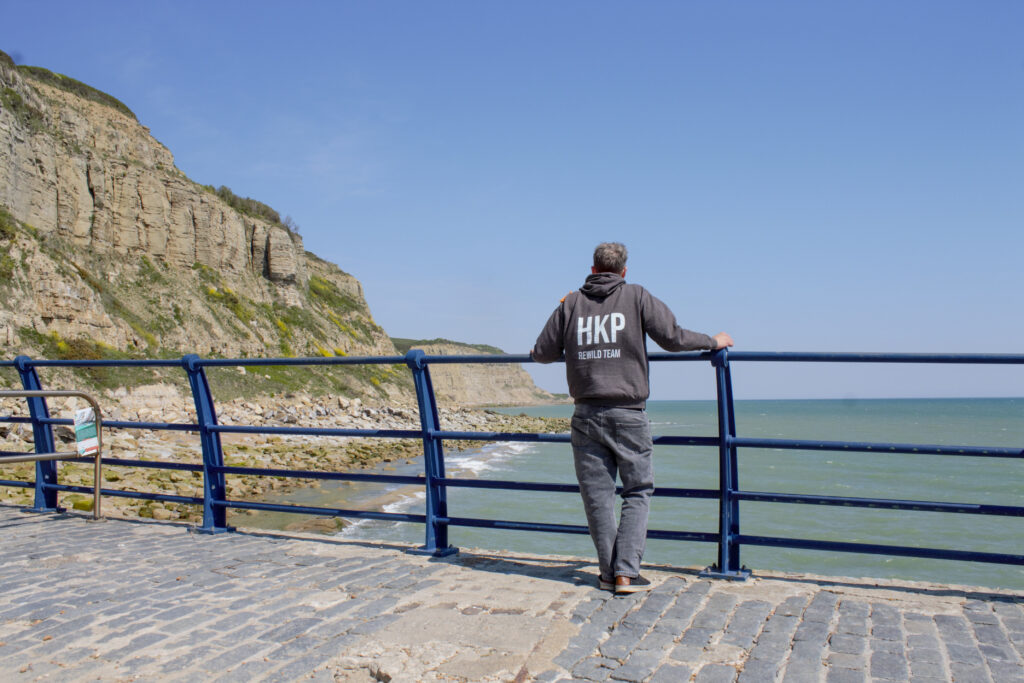
Their future still remains precarious as rising sea temperatures and agricultural runoff and chemical waste from nearby water companies continue to stress the plant.
“It was just really quite sad to see,” Williams says about a walk at Beachy Head last year, where he spotted only a handful of the plants.
In an effort to restore biodiversity to the area, Williams launched the Hastings Kelp Project. Inspired by Steve Allnutt – who began cultivating kelp in his Lancing garage in 2023 while working for the NHS – Williams now juggles the project alongside a job in finance.
This year, he partnered with The Brewing Brothers, a local microbrewery, to raise awareness of the plant with his unique product.
Hastings Kelp Project grows a small batch of kelp in independent, domestically maintained tanks that the brewery then incorporates into its brewing process.
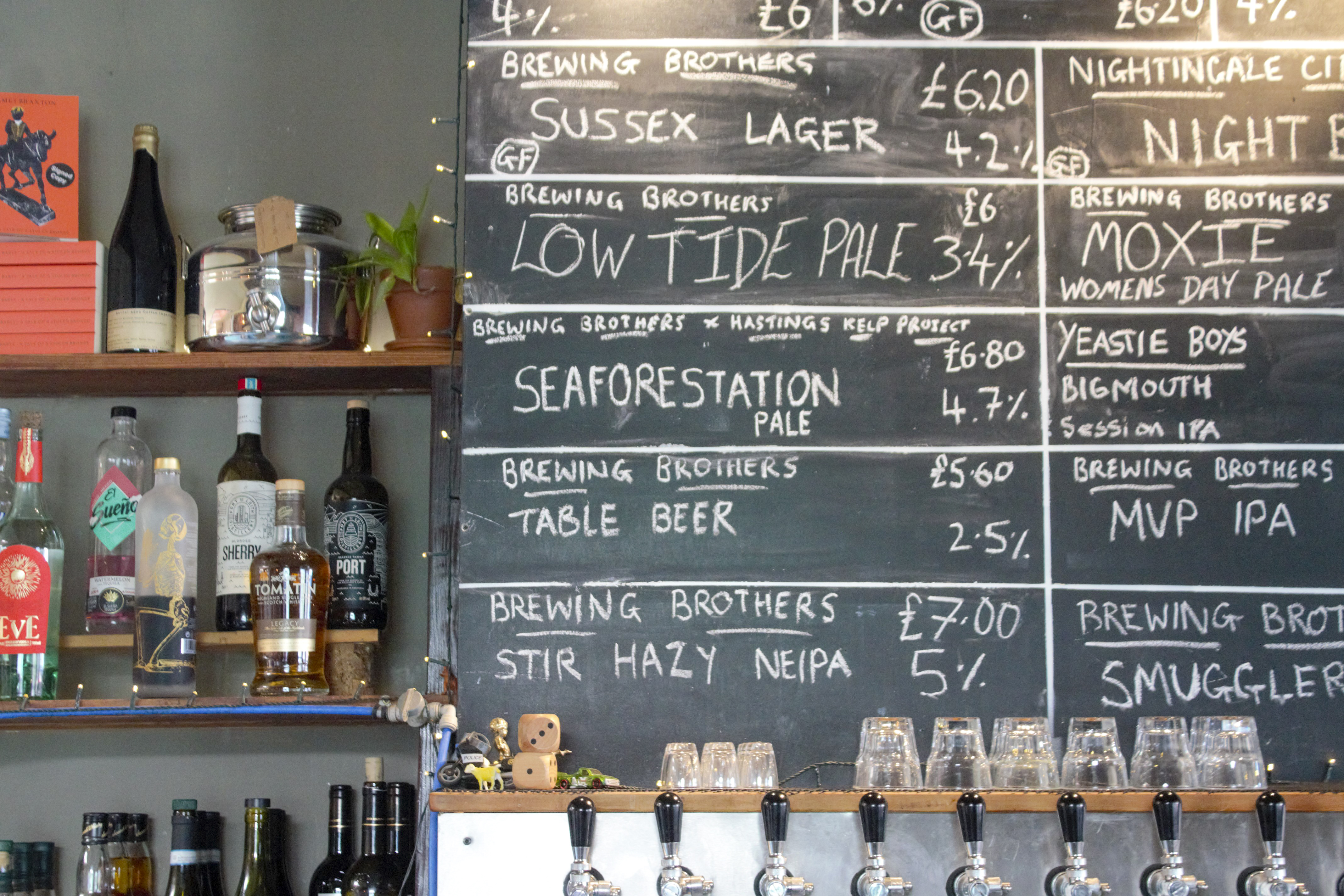
The Brewing Brothers have sold the climate-positive Reforestation ale since 2021, where a tree is planted for every pint bought. Their new Seaforestation brew is currently on a pilot trial at their Imperial branch in Hastings.
What is so special about making a pale ale with kelp? “[It] makes it taste like the sea, to be honest,” says Joel Thompson, standing behind the bar at The Brewing Brothers Imperial.
As half of the profits go straight back to the Hastings Kelp Project, drinking a pint of Seaforestation directly supports the initiative – if you can get over the subtle salty aftertaste, which is surprisingly refreshing.
“Everybody that has a pint is helping with the plant,” explains Williams. For him, getting people to talk about kelp, whether in the lab or at the pub, is all part of the plan.
He hopes to grow the algae in controlled conditions and replant it along 4.5 miles of coastline between Pett Level and Ecclesbourne by spring 2026.
“Hopefully then, by the end of next year, it’ll just be kelp forests everywhere,” he says.
There’s so much wonderful world, and life, out there. And it could be so much better.
Chris Williams
These underwater ecosystems are a powerful tool for tackling the climate crisis. According to the Department of Earth Sciences at Cambridge University, kelp’s ability to grow rapidly makes it an excellent way to capture and store carbon.
Kelp forests also act as great nurseries for fish and soften the impact of storm waves, reducing the threat of coastal erosion.
Hastings Kelp Project is now ready to install tanks at Hastings Aquarium to trail various heating, lighting, and sediment arrangements in search of the optimum growing conditions for the plant.
Until now, most of the work has involved administration, fundraising, and navigating permissions from councils and organisations. Williams notes that all eight authorities he needed approval from operate separately, with little coordination. He is still waiting for one to get back to him.
Nonetheless, Williams remains optimistic and wants to create a “scalable blueprint” for nationwide kelp restoration projects.
“[It] would be fantastic to see things like this pop up all over the country,” he says. “There’s so much wonderful world, and life, out there. And it could be so much better – hopefully we will get people to see that.”
